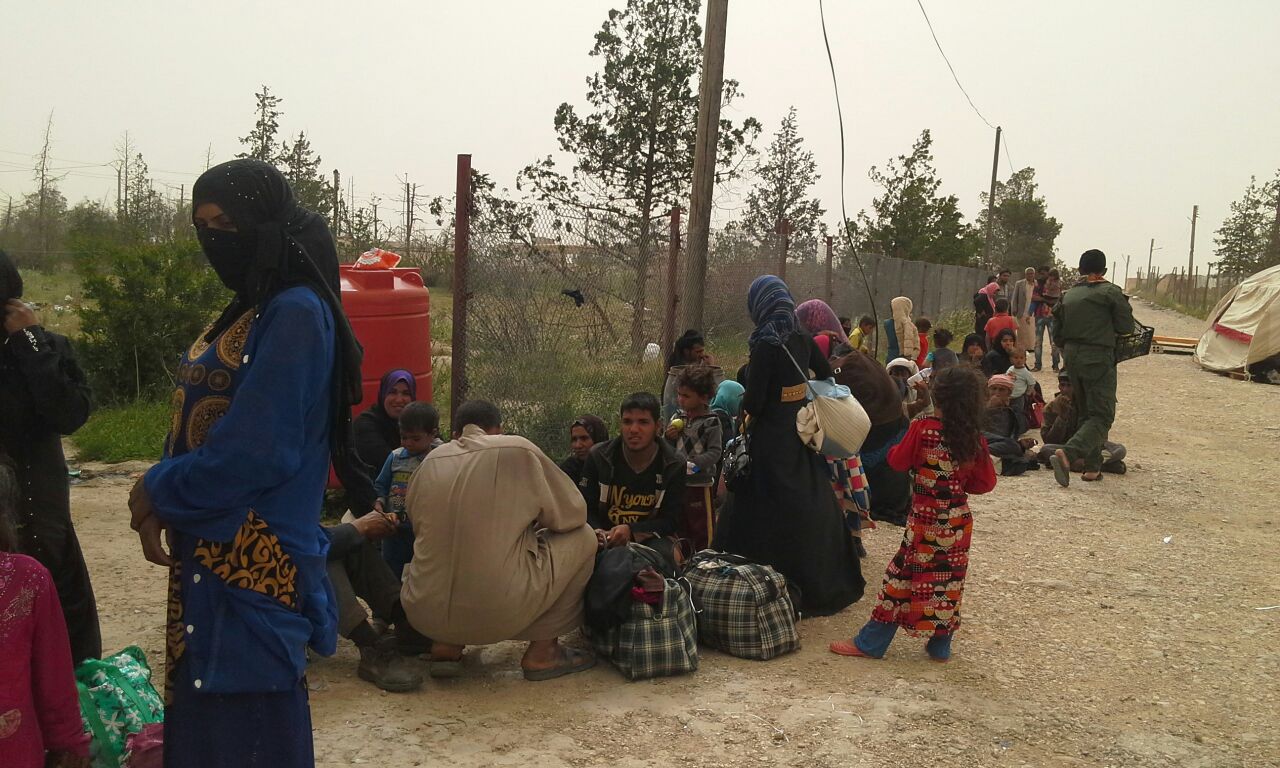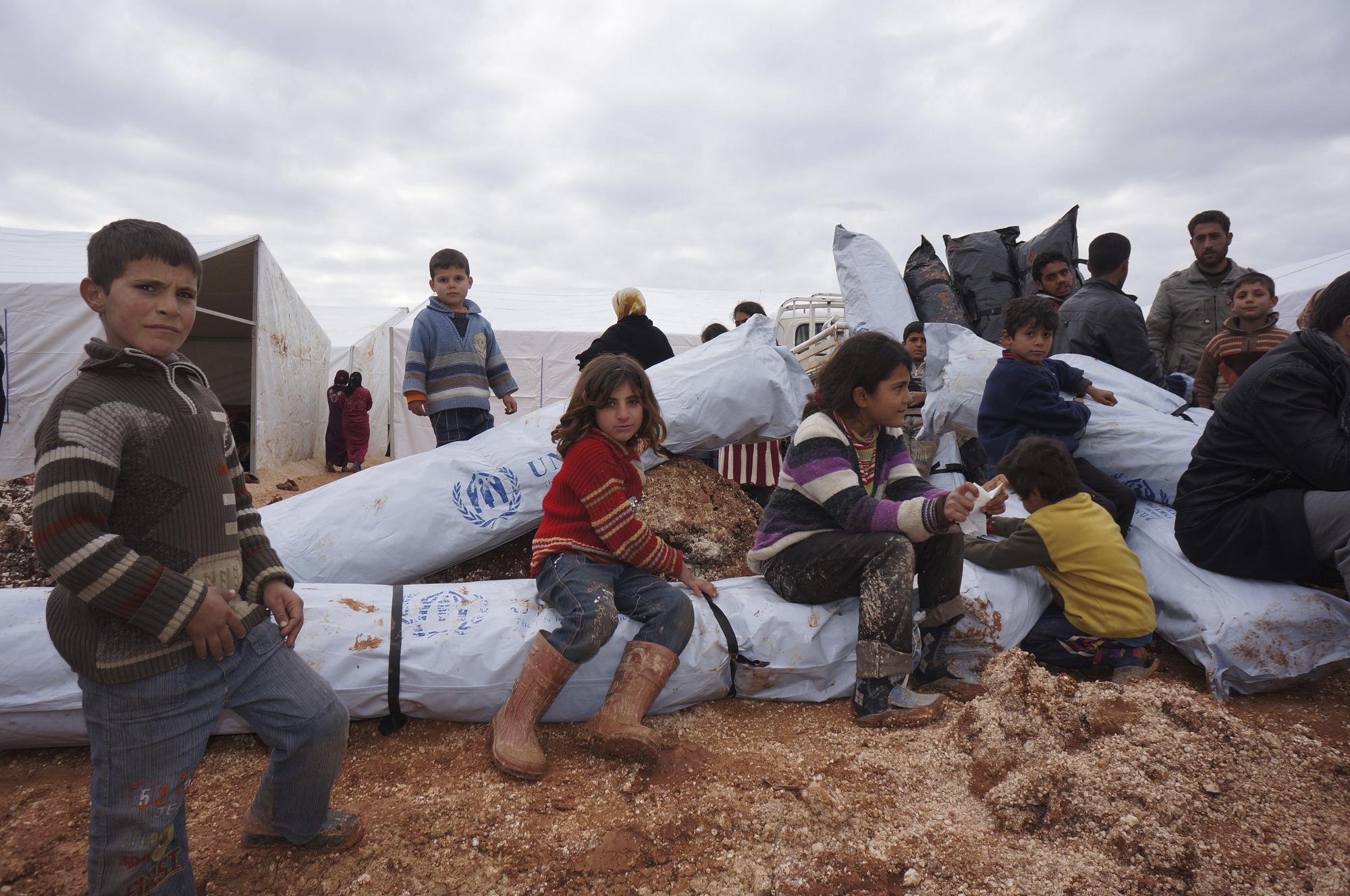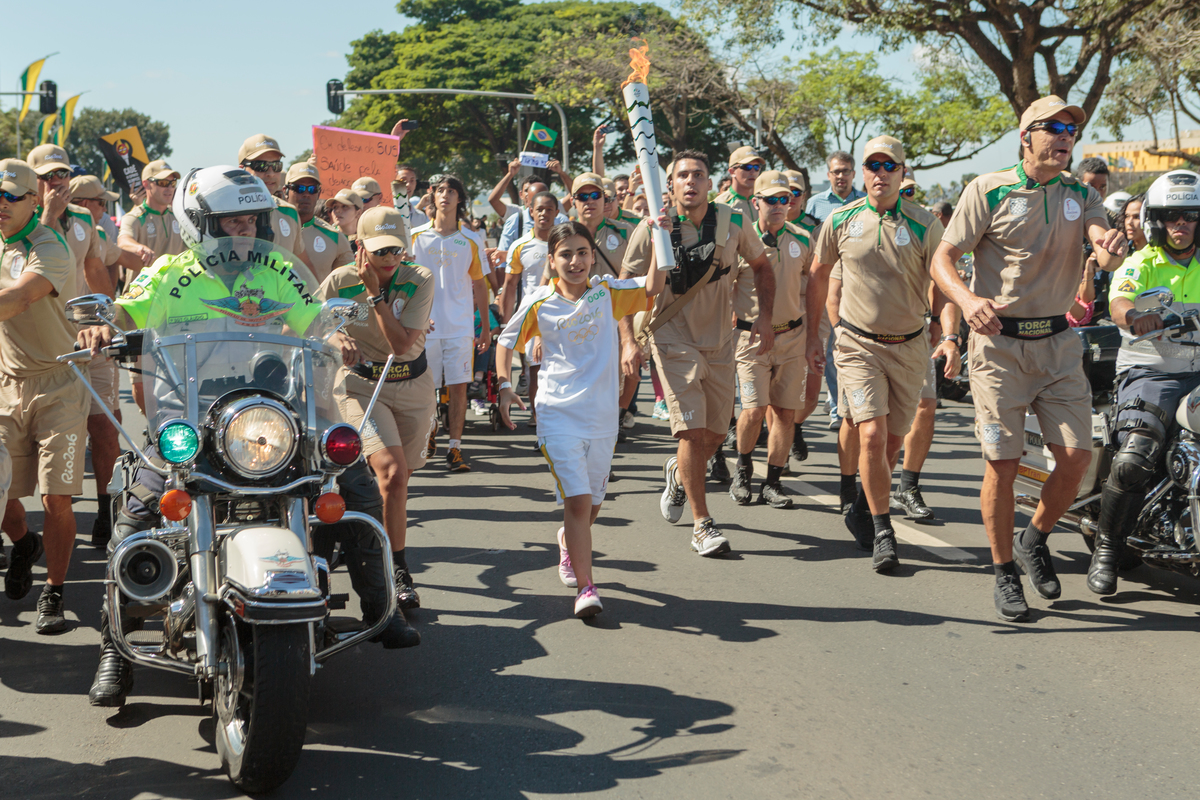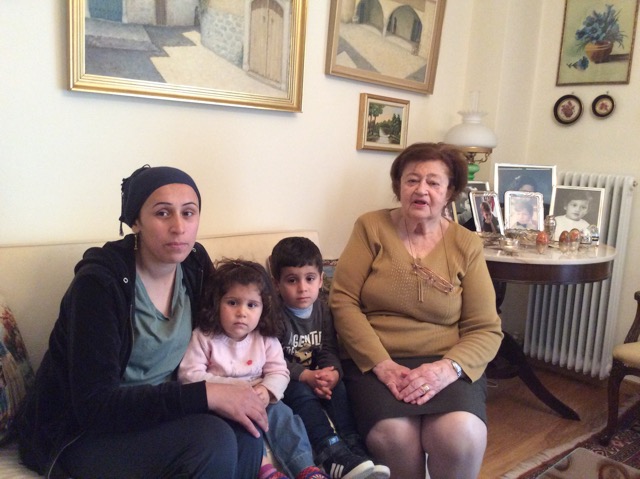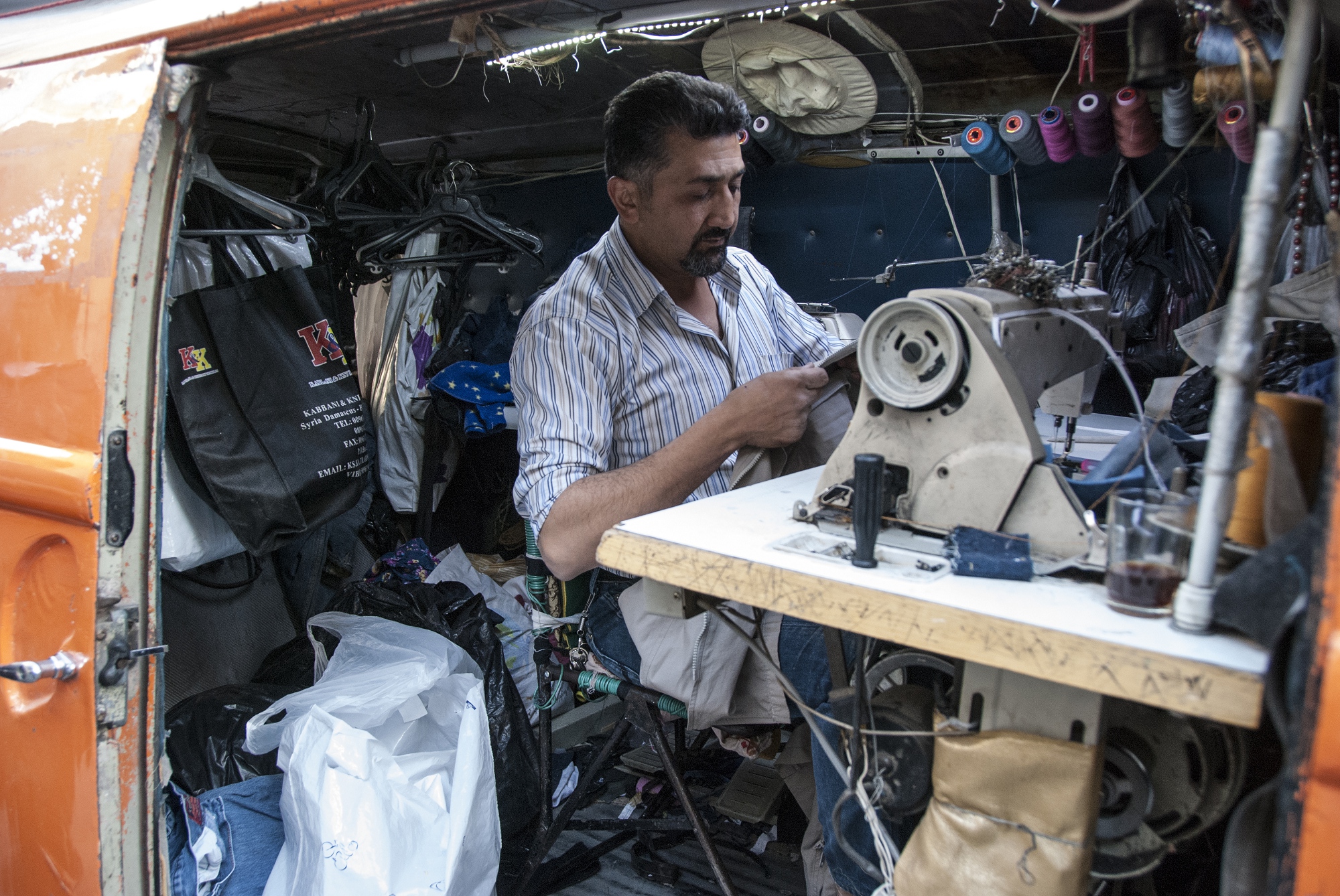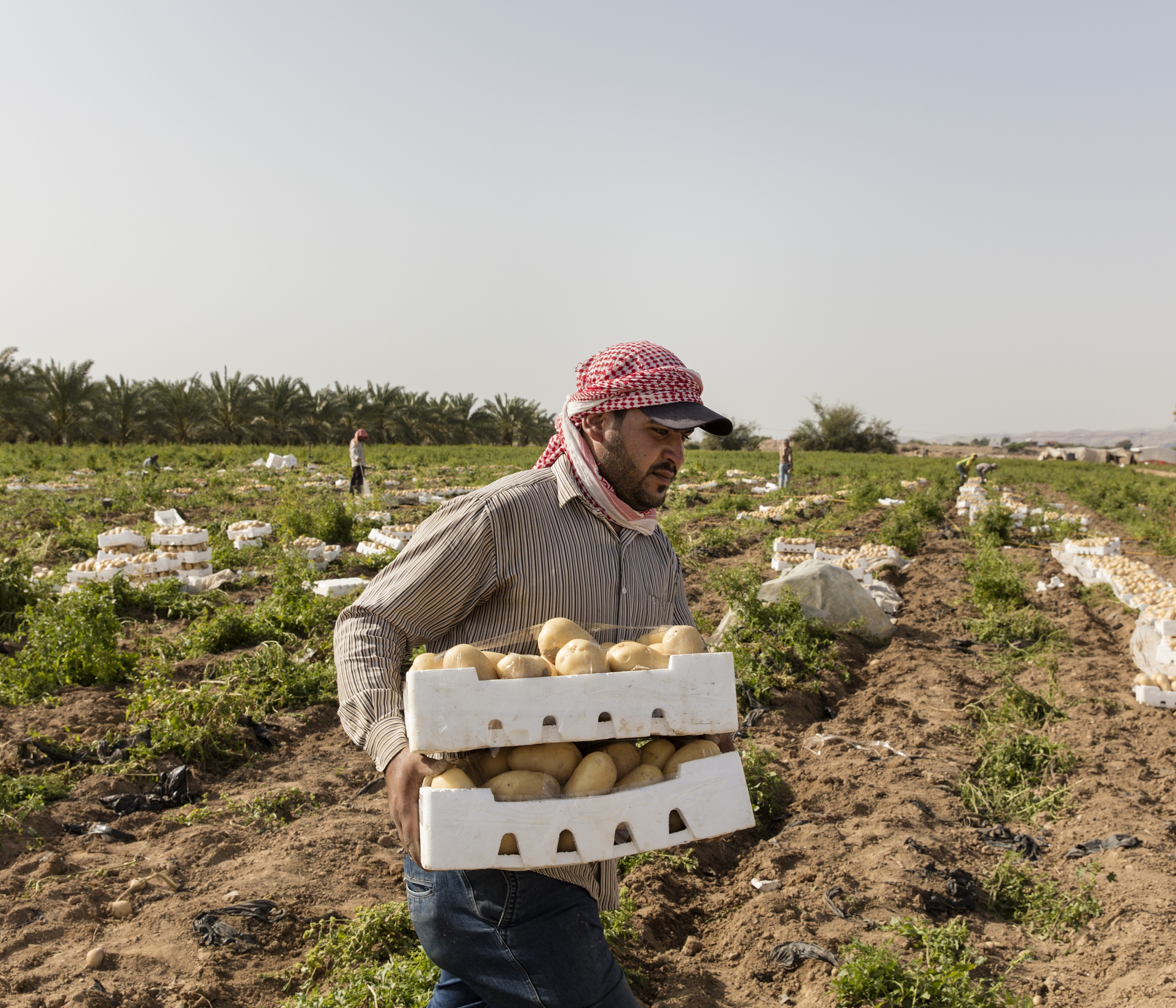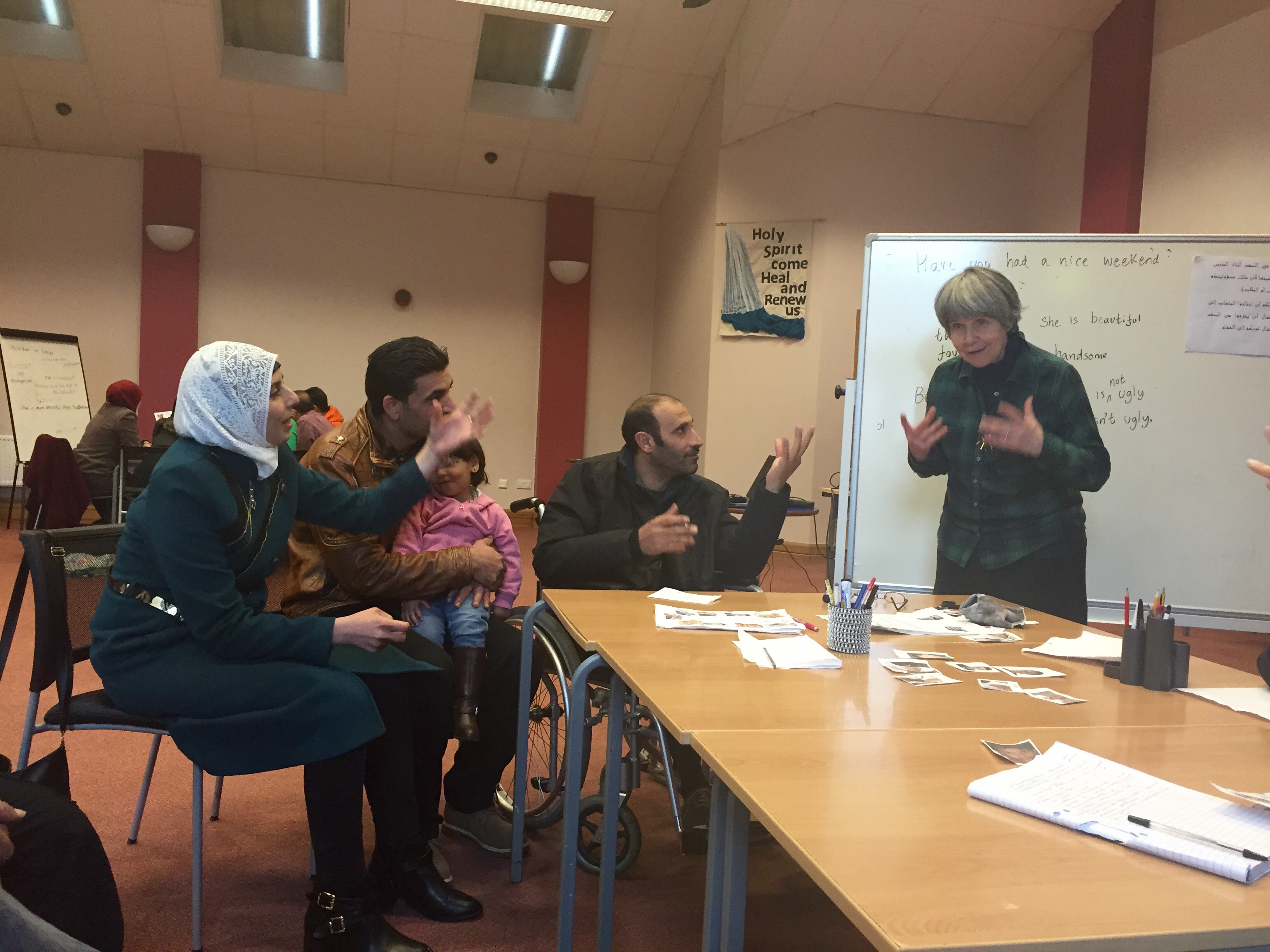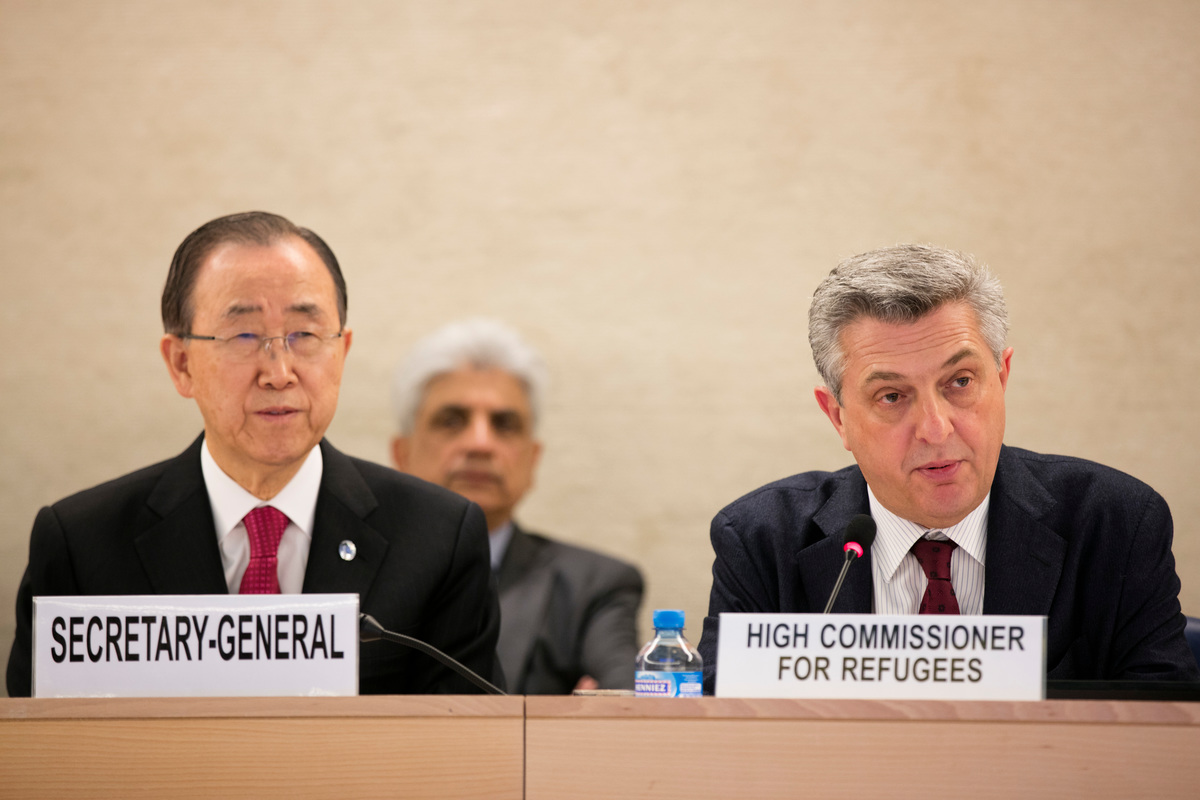A Syrian Wedding in Lebanon: A time to set aside sorrow and embrace life
A Syrian Wedding in Lebanon: A time to set aside sorrow and embrace life

MARJ EL-KHOKH, Lebanon, May 15 (UNHCR) - In the back room of the large home-made tent, Yousra is being made up and having her hair arranged. It will take all afternoon. In the front room her women friends are dancing.
At the end of the day, a wedding ceremony will take place in the tent camp at Marj El-Khokh in Marjayoun, south Lebanon. Yousra, aged 16, is marrying 21-year-old Ahmed. Both are Syrian refugees whose families fled the conflict more than 18 months ago.
Theirs is not an arranged marriage; they saw each in the camp "from afar," as Ahmed's father Abdul Aziz puts it, and eventually got close enough to talk. Then Yousra's family moved north to the Bekaa Valley to rejoin their relatives. The courtship carried on by phone.
The Marj El-Khokh informal camp holds 150 tents and 700 people. The UN refugee agency provided the plastic sheeting, the wood and the heating stoves for the tents, and the coupons for food. The residents tapped into the local Lebanese electricity supply. When people in the town protested, UNHCR worked out a compromise agreement to keep the refugees supplied.
"Without help from UNHCR," Hamid, a camp resident, said, "One brother might kill a second brother to eat, to survive."
Almost every family brings a history of sorrow and loss into exile. Abdul Aziz, the groom's father, tells of a niece and her family killed in the north-west Syria city of Idlib, and eight members of his family still suffering in Syria. But a wedding is not a time for sorrow. "We live with death," he says. "But we must not be morbid, we must not dwell on death, but think of life and embrace it."
In the north of Lebanon, near Tripoli, marriage is also on people's minds at a former holiday resort in the town of A Herri. Just a short walk from a long sandy beach and the Mediterranean, the Nour resort is now home to 500 Syrian refugees. In one of the tiny apartments built for summer visitors, Amina sits with her daughters and talks sadly of an engagement - that of her daughter Batoul, who is just 14.
"I was married at 14," Amina, 35, says. "I never wanted that for my daughter, but we come from a conservative culture. At home, girls were never out with boys. But here they meet outside. There's little work, and few go to school. We worried. We felt we had to protect her honour."
Batoul sits next to her mother, unsmiling. Her fiancé Mohammed, in the engagement arranged by her parents, is 17 years old. After hesitating, Batoul says that she likes him and shows his photo. But later, quietly, she admits she doesn't want to get married. "But my parents have decided," she says. "There's nothing I can do."
Upstairs, in another tiny apartment, Amina's friend Rabiha talks of the climate of fear that infects many refugee parents here. Rabiha is the head of the local women's committee, which UNHCR helped set up.
"In Syria, girls married after school at 16, 17, 18. Here, for most, there's no school. The parents worry about sexual aggression, about rape. And so we hear of arranged marriages for girls of 14, and even 12."
Rabiha has tried to persuade Amina and other mothers not to lock their daughters into early marriages. Physically and psychologically they're too young, she tells them. And, despite the parents' fear, there have been no reported cases of rape around the resort. But half-a-dozen times she has failed.
She and her committee, with UNHCR help, will continue to try to influence attitudes, along with organizing the residents to pick up garbage and wash the halls once a week. "For young people, girls especially, life can be hard. I've seen it," she says. "With no school, they fall into depression. We mustn't add to it with far-too-early marriages."
In Marj El-Khokh, the atmosphere is more upbeat. In an echo of her future father-in-law, Yousra says, "Exile is our reality now and we have to deal with it. We want to create life and I look forward to it."
Abdul Aziz chuckles as he waits for the evening festivities. "I'm 60 now and my old comfortable life disappeared in an instant. The main pleasure of life is to provide for a family and we still do what we can. Back home I would have slaughtered five goats. Here it will be five chickens."
By Don Murray in Marj El-Khokh, Lebanon


